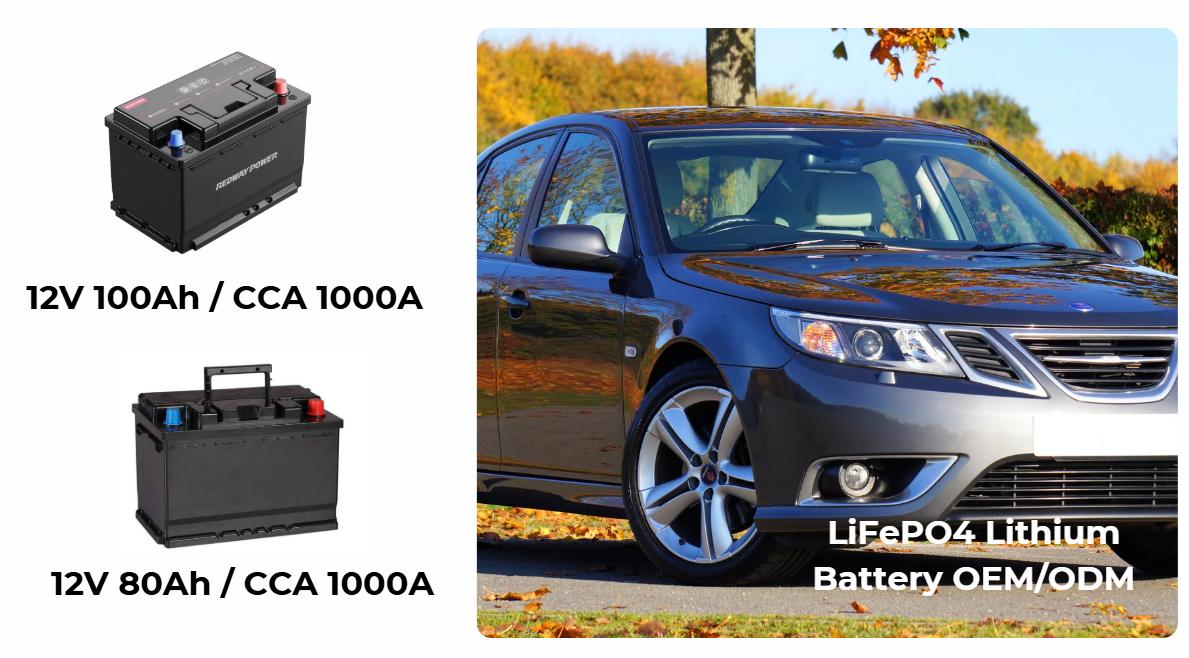
What Are the Different Types of Lithium Batteries?
Lithium batteries come in various types, each designed for specific applications and performance requirements. Understanding the differences between a 36 Volt lithium battery, 48 Volt lithium battery, 24V lithium battery, and lithium-ion polymer battery can help users select the most suitable option for their needs.
What are the main types of lithium batteries?
The main types of lithium batteries include Lithium Iron Phosphate (LiFePO4), Lithium-Ion (Li-Ion), and Lithium Polymer (Li-Poly). Each type has unique characteristics, such as energy density, lifespan, and safety features. For example, LiFePO4 batteries are known for their long life and safety, while Li-Ion batteries offer high energy density.Types of Lithium Batteries Chart
| Type | Characteristics |
|---|---|
| LiFePO4 | Long lifespan, safe, lower energy density |
| Li-Ion | High energy density, shorter lifespan |
| Li-Poly | Lightweight, flexible design, moderate energy density |
How do 36 Volt and 48 Volt lithium batteries differ?
36 Volt and 48 Volt lithium batteries primarily differ in voltage output and capacity. A 36 Volt battery is often used in smaller applications like electric bikes or scooters, while a 48 Volt battery is common in larger systems such as electric vehicles or solar storage solutions. The choice depends on the power requirements of the application.Voltage Comparison Chart
| Voltage | Typical Applications |
|---|---|
| 36 Volt | Electric bikes, scooters |
| 48 Volt | Electric vehicles, solar energy systems |
What applications are suited for 24V and 48V lithium batteries?
24V lithium batteries are commonly used in RVs, marine applications, and small solar systems due to their compact size and weight. In contrast, 48V lithium batteries are ideal for larger solar installations, electric vehicles, and industrial applications where higher power output is necessary to meet energy demands.Application Suitability Chart
| Voltage | Applications |
|---|---|
| 24 Volt | RVs, marine systems, small solar setups |
| 48 Volt | Large solar systems, electric vehicles |
What are the characteristics of lithium-ion polymer batteries?
Lithium-ion polymer (Li-Poly) batteries are known for their lightweight and flexible design. They can be made in various shapes and sizes, making them ideal for portable devices like smartphones and drones. While they offer moderate energy density compared to other types, they require careful management to prevent swelling or damage.Li-Poly Characteristics Chart
| Feature | Description |
|---|---|
| Weight | Lightweight |
| Flexibility | Can be shaped into various forms |
| Energy Density | Moderate compared to other lithium types |
How do you choose the right lithium battery type for your needs?
Choosing the right lithium battery type involves considering several factors: required voltage (e.g., 24V, 36V, or 48V), application specifics (such as weight constraints or power needs), and desired lifespan. Assessing these criteria will help determine whether a LiFePO4, Li-Ion, or Li-Poly battery is most suitable for your project.Choosing Criteria Chart
| Factor | Considerations |
|---|---|
| Voltage Requirement | Match voltage to application |
| Application Type | Assess power needs and space constraints |
| Lifespan | Evaluate how long you need the battery to last |
Where can you find reliable information on lithium battery types?
Reliable information on lithium battery types can be found on manufacturer websites, industry publications, and educational resources dedicated to renewable energy technologies. Websites like Battery University provide comprehensive guides on different battery types, their applications, advantages, and maintenance tips.
Expert Views
“Understanding the various types of lithium batteries is essential for making informed decisions,” states Dr. Alex Thompson, an expert in energy storage solutions. “Each type has its unique strengths that cater to specific applications; knowing these can significantly enhance performance and efficiency.”
FAQ Section
Q: What is the difference between LiFePO4 and Li-Ion?
A: LiFePO4 offers greater safety and a longer lifespan but has a lower energy density compared to traditional Li-Ion batteries.Q: Can I use a 36V battery in a 48V system?
A: No, using a lower voltage battery in a higher voltage system can damage both the battery and connected devices.Q: How do I maintain my lithium battery?
A: Regularly monitor charge levels, avoid extreme temperatures, and follow manufacturer guidelines for charging cycles to ensure longevity.
